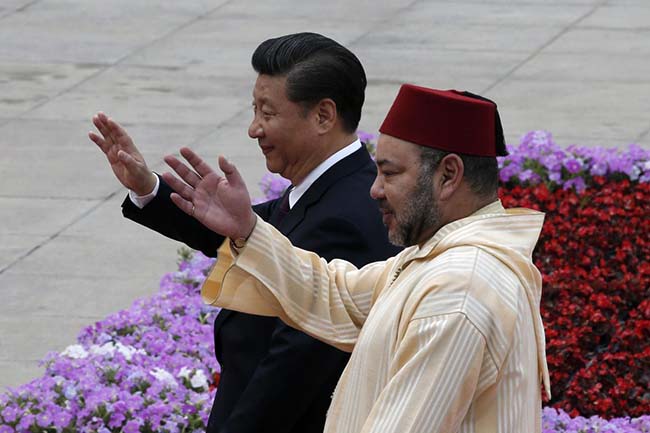The International Crisis Group has warned in a recent report of escalating tensions between Algeria and Mali following the downing of a drone, stating that the current crisis could develop into an open military confrontation amid the absence of security coordination and growing regional fragmentation.
According to the same source, Algeria missed a strategic opportunity to enhance its influence in the Sahel region after France withdrew from Operation Barkhane in November 2022. The report noted that while Algeria was expected to fill the resulting security vacuum, Mali instead moved toward a closer alliance with Russia and the AES bloc countries, limiting Algeria’s role as a key security partner in the region.
The report also pointed to Algeria’s growing concern over refugee flows and the increasing influence of countries like Turkey, Iran, and Morocco—particularly after the notable security rapprochement between Rabat and Bamako, which culminated in the first meeting of the joint military committee between the two countries in February 2025.
In this context, the report warned that continued escalation, especially given the Malian forces' use of drones against armed groups in the north, could result in mistaken strikes or border violations, endangering the lives of both civilians and soldiers. It recalled the July 2024 incident in which airstrikes attributed to the Malian army killed several civilians, including Nigerien, Chadian, and Sudanese gold miners.
The report further noted that the deteriorating relationship between Algeria and Mali reduces the chances of a political solution in northern Mali, particularly after Mali withdrew from the Algiers Accord mediation, a move that could push some Tuareg factions toward hardline stances or alliances with jihadist groups.
The Crisis Group emphasized that this crisis is not isolated but part of a fragmented regional landscape, exacerbated by the withdrawal of AES countries from ECOWAS and rising tensions between Algeria and Morocco. The report pointed out that extremist groups could exploit these security vacuums and the lack of coordination among African capitals.
To de-escalate tensions, the report stressed the importance of returning to diplomacy based on mutual recognition of security interests and avoiding a logic of imposition or denial. It also called for the activation of African mediation, proposing that the African Union President appoint a high-level envoy, such as former Ghanaian President John Mahama, or involve South Africa due to its diplomatic weight.
Additionally, the report suggested reviving the Algeria-Mali Joint Committee, established in 2005, as a platform for intelligence sharing and coordination in counterterrorism and border control. It also encouraged the involvement of influential international powers, such as Russia, to support these initiatives and prevent the region from sliding further into chaos.






